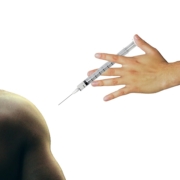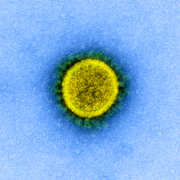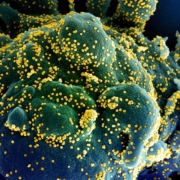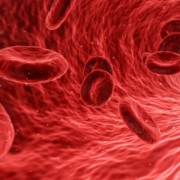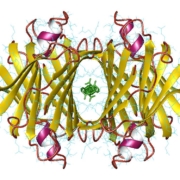Following a recommendation by the European Medicines Agency (EMA), the European Commission has approved a second vaccine against the novel coronavirus SARS-CoV-2.
ADVERTISEMENT
Italian Angelini Pharma and Swiss CNS disease specialist Arvelle Therapeutics have entered into a definitive merger agreement.
University of Birmingham researchers have invented a COVID-19 RNA test that reduces testing time from 30 minutes to under five, and delivers accurate results.
Dear readers,
We wish all visitors to our news page a peaceful and healthy New Year and a successful start to the New Year. Stay healthy! We will be back with the latest news from 4 January.
Best regards
Your editorial team of European Biotechnology Magazine
Following a rapid FDA approval, the European drug authority EMA has recommended to conditionally approve BioNTech’s mRNA vaccine BNT162b2 in the EU.
Only two and a half months after its launch, the EU bioecocomy venture capital fund ECBF has doubled the volume of its first closing.
Danish Novo Holdings has founded Hemab ApS that is focussed on fighting orphan bleeding disorders by bi-specific antibodies.
Austria has needed a biotech association for a long time. In just two months, entrepreneurs have launched Biotech Austria.
Weathered microplastic particles may pose a greater risk than pristine ones, suggests a study of German researchers on mouse cells.
Diagnostics developer Centogene NV and Alnylam Pharmaceuticals launched a clinical programme aimed at improving ATTRv diagnosis.


